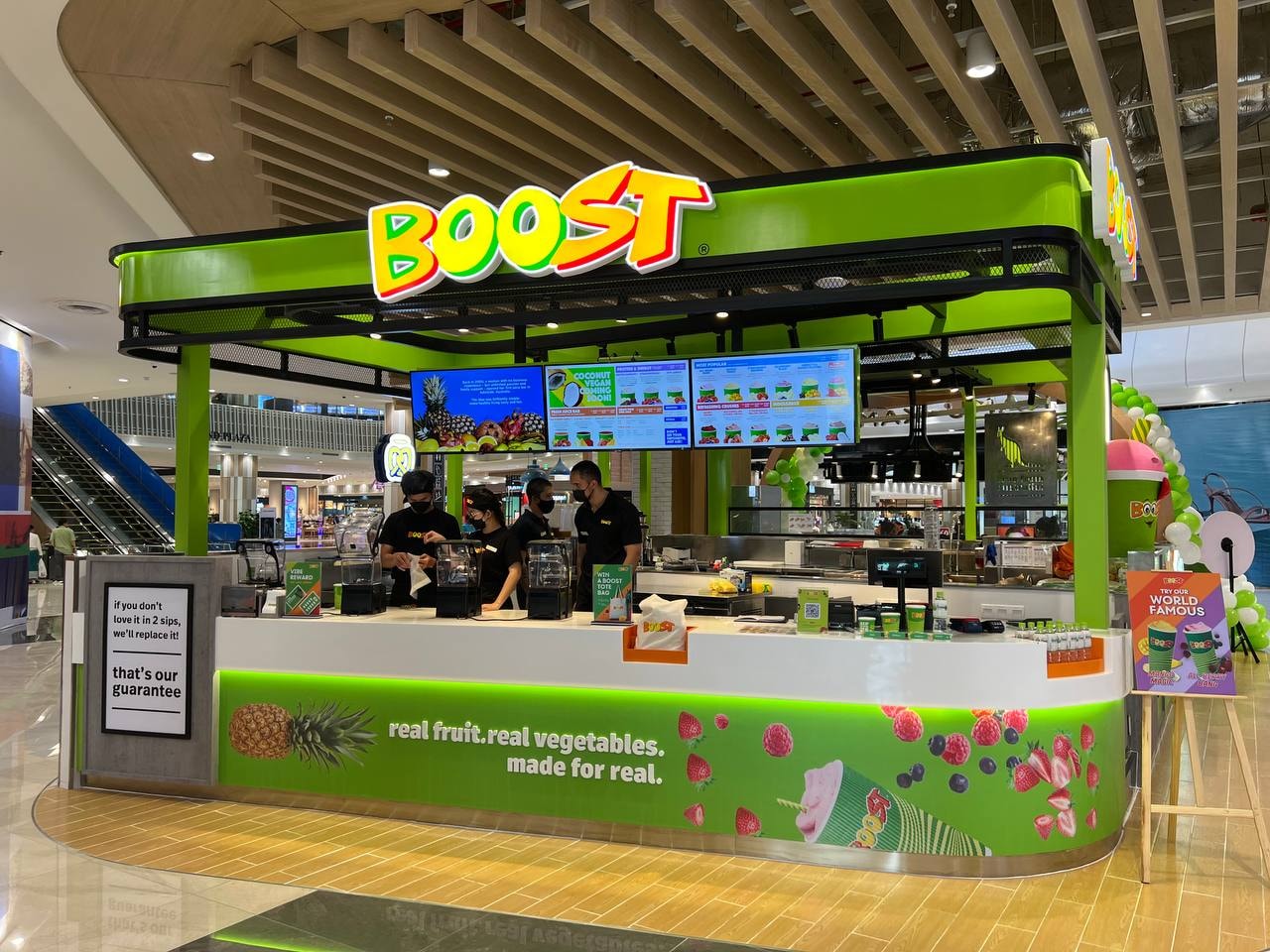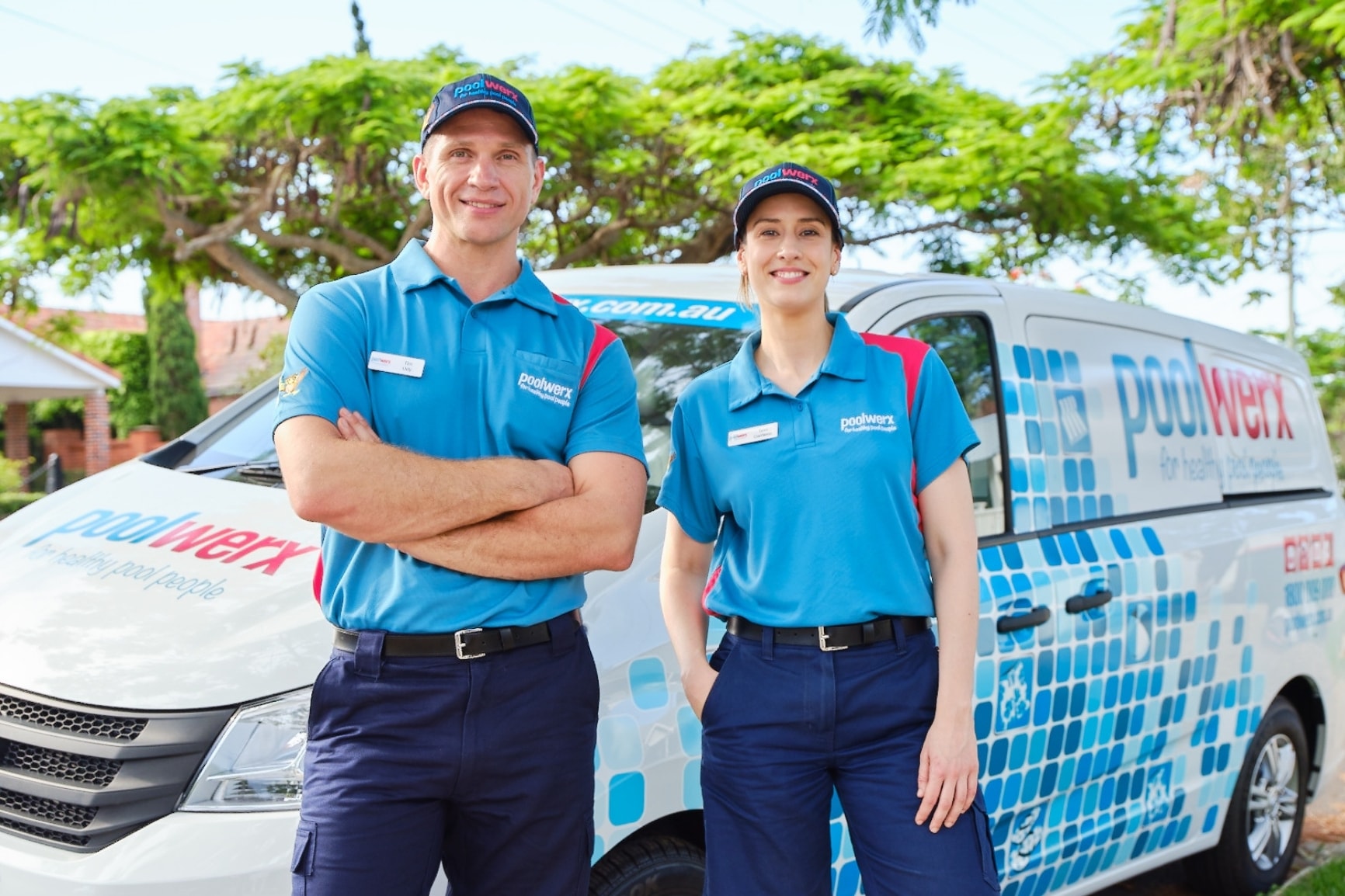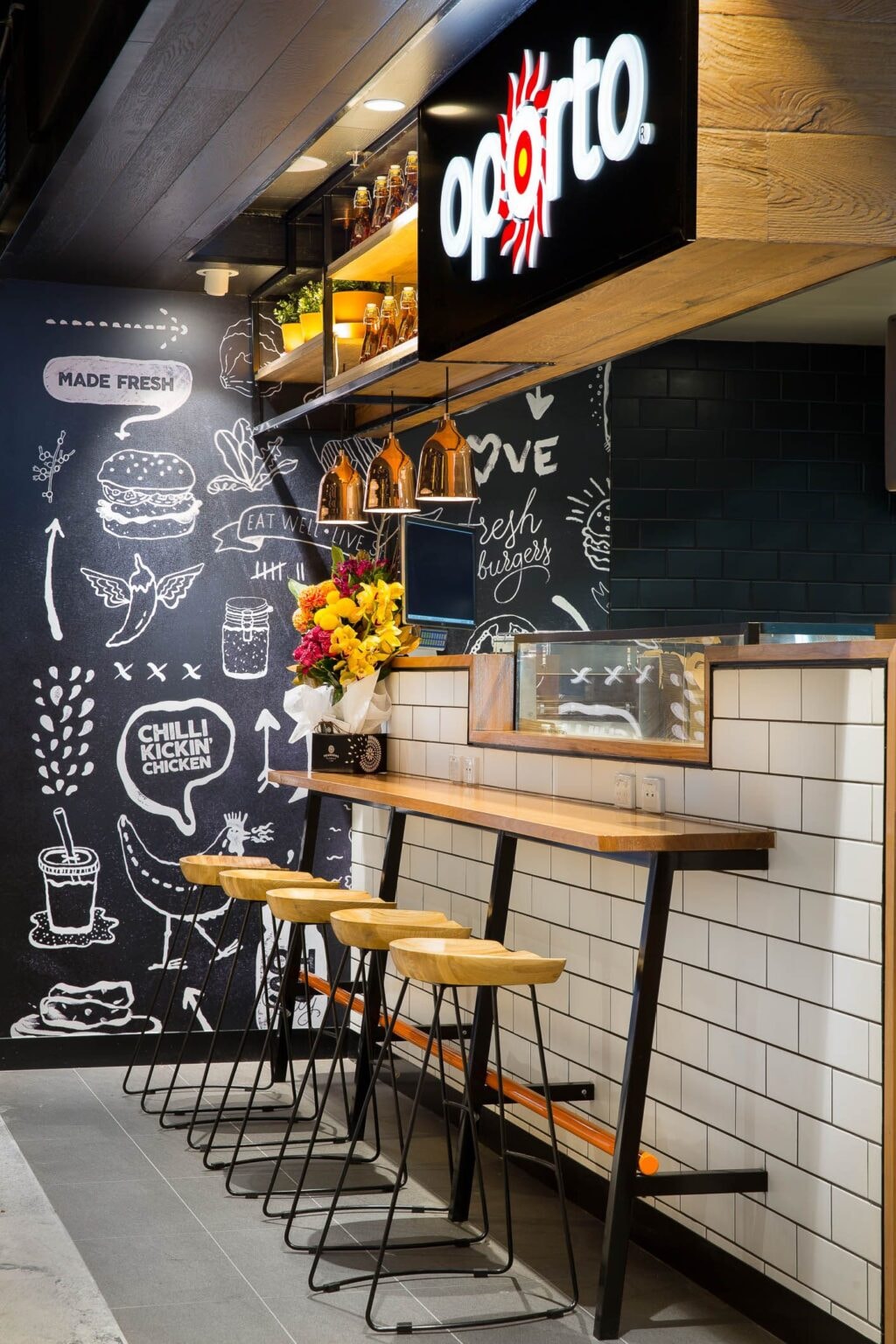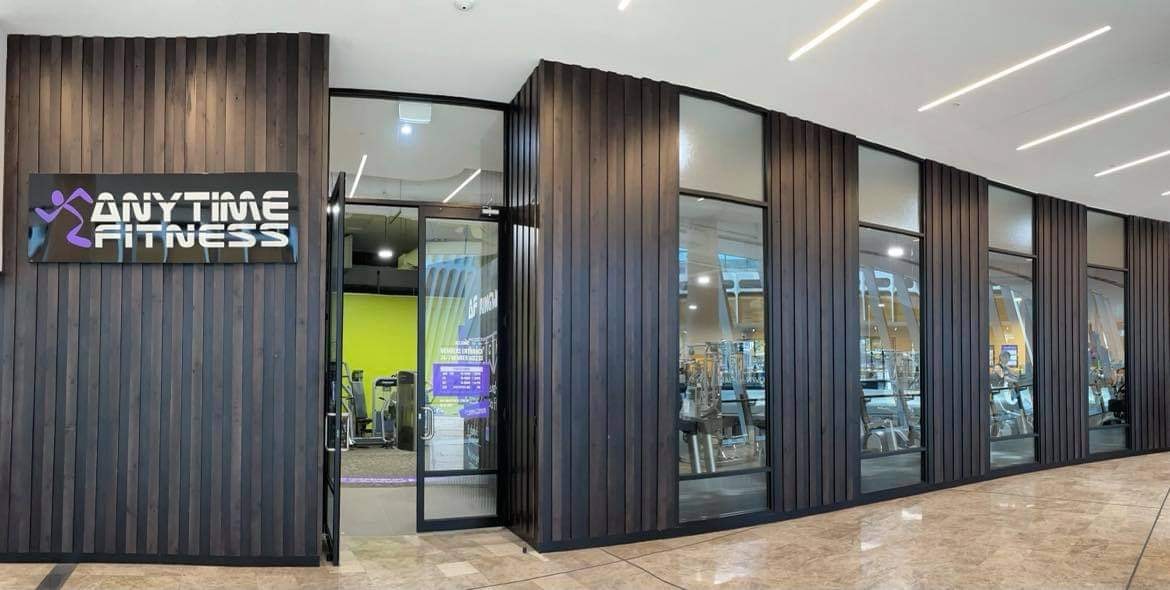I’ve helped hundreds of Australian business owners work through the franchise business loan maze, and I’ve seen the excitement and potential of buying a franchise firsthand. I’ve also seen the pitfalls and mistakes that can trip up even the most keen entrepreneurs.
In this guide, I’ll share my insights on the mistakes people make when looking at franchise business opportunities and getting franchise business loans.
Key take-aways:
- Thoroughly research and assess franchise opportunities, including speaking with existing franchisees and carefully reviewing the franchise disclosure document.
- When seeking franchise finance, explore various options beyond traditional bank loans, such as specialist franchise lenders and vendor finance.
- Develop a comprehensive franchise business plan that accounts for all costs, including ongoing fees and working capital, to avoid cash flow issues.
- Seek professional advice from franchise lawyers, accountants, and industry specialists to make informed decisions.
- Remember that the most common or profitable franchise isn’t always the best fit – choose a franchise that aligns with your skills, interests, and local market conditions.

The Australian Franchise Market
The Australian franchise market is a thriving part of our economy. According to the Franchise Council of Australia’s 2023 report, there are over 1,300 business franchise systems in Australia and over 90,000 individual franchise units. These businesses contribute over $184 billion to the Australian economy each year. It’s a testament to the strength and popularity of the franchise model in our country.
Mistakes in Assessing Franchise Opportunities
However, despite the potential for success, many would be franchisees trip up at the first hurdle: properly assessing the franchise opportunity. One of the biggest mistakes I see is not doing thorough research on the franchise system. It’s easy to get caught up in the glossy brochures and impressive profit projections but you need to dig deeper.
When looking at a franchise business you need to look beyond the surface level marketing. Take the time to speak with existing franchisees not just the ones the franchisor recommends. Ask them about their day to day experiences, the challenges they face and whether the reality of running the franchise matches up with their expectations. This first hand information is gold and can save you from investing in a franchise that’s not right for you.
Another big mistake is underestimating the importance of the franchise disclosure document. This legally required document provides all the information you need to know about the franchise including fees, obligations and the franchisor’s financial health. I’ve seen too many would be franchisees skim over this document or not have it professionally reviewed. Remember this is not just a formality – it’s your window into the inner workings of the franchise system you’re considering joining.

Franchise Finance
Speaking of financial health, let’s talk about one of the most critical parts of buying a franchise – business finance. Getting the right franchise loan can make or break your business and it’s an area where many would-be franchisees go wrong.
One of the biggest mistakes I see in franchise finance is not shopping around for the best finance options. Many people assume that traditional business loans from the big banks are their only option. While these can be a good choice, they’re not the only game in town. There are specialist franchise lenders, online lenders, and even vendor finance options offered by some franchisors. Securing business funding for franchises can be challenging, as lenders are increasingly cautious in their assessments, especially in light of recent uncertainties in various sectors.
Choosing the Right Franchise Loan
Each of these finance options has its pros and cons. Traditional business loans have competitive rates but stricter lending criteria. Online lenders may be more flexible but charge higher interest rates. Vendor finance can be attractive but you need to read the fine print to make sure it’s in your favour.
When it comes to franchise loans it’s not just about getting approved – it’s about finding the right loan for your situation. Franchise loans compare to traditional business loans in key features such as interest rates, loan amounts, terms, security requirements, and eligibility criteria. This is where I see people go wrong. They focus on the interest rate or the loan amount and forget to consider other critical factors like the loan terms, repayment flexibility or penalties for early repayment.
Long Term Planning
Remember a franchise loan is a long term commitment. You need to think about how the repayments will impact your cash flow not just in the first few months but over the life of the loan. Will you be able to meet your repayments if business is slower than expected? What if you want to expand and need additional finance down the track?
Another big mistake in franchise finance is underestimating the total cost of buying and running a franchise. It’s not just the franchise fee and the cost of equipment. You need to factor in working capital, marketing costs and ongoing franchise fees. I’ve seen too many franchisees run into cash flow problems because they didn’t factor in all these expenses when they got their initial franchise loan.

Franchise Finance Options in Australia
Let’s talk about a few specific franchise finance options in Australia. Equipment finance is often a good choice for franchises that require a big investment in machinery or vehicles. This type of loan uses the equipment itself as security which can make it easier to get approved and potentially better rates.
Line of credit facilities are another option to consider. These can be more flexible than a traditional business loan and allow you to draw down funds as you need them. This can be particularly useful in the early days of your franchise business.
If you’re buying an existing franchise there are specific finance options to consider. Some lenders offer loans for buying an existing franchise business which take into account the track record of the business. These loans may have more favourable terms than you’d get for a new franchise as the business is already established.
Bad Credit
Now let’s talk about a topic that many would be franchisees worry about: bad credit. While having a good credit history makes securing franchise finance easier it’s not the end of the road if your credit isn’t perfect. There are lenders who specialise in bad credit business loans but you’ll pay higher interest rates.
If you’re in this situation you need to have a solid business plan and be able to show how you’ll run the franchise successfully. Lenders want to see you’ve learned from past financial mistakes and have a clear plan for making your franchise business work.
The Business Plan
Speaking of business plans, this is another area where I see many would be franchisees go wrong. Your franchise business plan isn’t just a document to show lenders – it’s your roadmap to success. A well-defined business model is crucial in ensuring success and scalability in franchising, as it highlights the structure and sustainability of your operations. The value of a business plan is not just the plan itself, it’s the fact that it forces you to think through your franchise business from end-to-end, evaluating every aspect from your marketing strategy to financial projections.
When it comes to franchise business loans your business plan can make a big difference. Lenders want to see you’ve done your research and have a clear understanding of the business you’re buying into. They’re not lending to the franchise brand – they’re lending to you as an individual business owner.
Your business plan should include detailed financial projections – best case and worst case. It should outline your marketing strategy, your staffing plans and how you’ll manage operating expenses. Don’t forget to include information about the broader franchise system and how you’ll fit into it.

Lender Relationship
One area of franchise finance that’s often overlooked is the importance of having a good relationship with your lender. Your lender can be a great partner in your business journey and may be able to provide advice and support beyond just the loan. Keep them informed of your business’s progress and any challenges you’re facing. This open communication will be particularly useful if you need to restructure your loan or seek additional funding.
Franchise Types
Now let’s talk about some of the most common franchise businesses in Australia. According to the Franchise Council of Australia the retail food sector is still the biggest, with coffee shops, fast food outlets and bakeries being the most popular. The home services sector including cleaning and gardening franchises has also grown significantly in recent years.
But remember the most common franchise businesses aren’t always the best for everyone. Your skills, interests and local market conditions should all play a part in your decision. I’ve seen people do very well with niche franchises that match their skills and passion.
Get Professional Advice
One more mistake I want to mention is not getting professional advice. Buying a franchise is a complex process with legal, financial and operational considerations. While it’s tempting to try to save money by going it alone the cost of professional advice is small compared to the cost of making a bad decision.
Consider getting a franchise lawyer to review the franchise agreement and disclosure document. A good accountant can help you work out the financial viability of the franchise and structure your finances. And don’t forget industry specific advisors who can give you insight into the sector you’re entering.
FAQs
Here are answers to some commonly asked questions:
Is it easy to get a business loan for a franchise?
The ease of obtaining a business loan for a franchise can vary depending on several factors. Generally, lenders view franchises more favorably than independent start-ups due to their established business models and brand recognition. However, “easy” might not be the right word.
Securing a franchise loan still requires preparation and due diligence. Your personal credit history, the franchise’s reputation and performance, your business plan, and the amount of your own capital you’re investing all play crucial roles. Some well-established franchises have relationships with lenders, which can streamline the process.
To improve your chances, ensure you have a solid business plan, a good credit score, and consider working with lenders who specialise in franchise financing. Remember, while it might be easier than financing an independent business, it’s still a significant financial decision that lenders will scrutinize carefully.
How much can you borrow to buy a franchise?
The amount you can borrow to buy a franchise varies widely depending on several factors:
1. The franchise brand and its total investment requirements
2. Your personal financial situation and credit history
3. The lender’s policies and risk assessment
4. The type of loan you’re seeking
Typically, lenders might finance 50-70% of the total franchise cost for a new franchise, expecting you to contribute the remaining 30-50% as a down payment. For well-established franchises with strong track records, you might be able to borrow up to 80% of the cost.
In Australia, franchise loans can range from as little as $10,000 for a small home-based franchise to over $1,000,000+ for a major brand in a prime location. The key is to work with your lender to determine a loan amount that balances your needs with a repayment plan you can manage based on projected cash flows.

Can you mortgage a franchise?
While you can’t literally mortgage a franchise in the same way you would a house, you can use various assets as collateral for a franchise loan, which functions similarly to a mortgage.
Here are a few options:
1. Equipment financing: If your franchise requires significant equipment, you can use this equipment as collateral for the loan.
2. Commercial property mortgage: If you’re purchasing property for your franchise, you can get a commercial mortgage using the property as collateral.
3. Home equity loan: Some franchisees use their personal home equity as collateral for a franchise loan, though this carries significant personal risk.
4. Business assets: Once operational, your franchise’s assets, including inventory and accounts receivable, can be used as collateral for additional financing.
Remember, using assets as collateral, whether business or personal, carries risk. If your franchise struggles and you can’t repay the loan, you could lose these assets. Always consider this carefully and seek professional advice before proceeding.
What are the most profitable businesses to franchise?
Profitability can vary greatly depending on factors like location, management, and market conditions. However, some franchise industries consistently show strong performance:
1. Fast Food and Quick Service Restaurants: Brands like McDonald’s, Subway, and KFC are often top performers.
2. Fitness Centers: With increasing health awareness, gyms like Anytime Fitness have seen significant growth.
3. Cleaning Services: Both residential and commercial cleaning franchises often have low overheads and steady demand.
4. Coffee Shops: Australia’s coffee culture makes cafes a popular choice, with brands like Gloria Jean’s performing well.
5. Childcare Services: With more parents working full-time, childcare franchises are in high demand.
It’s crucial to note that the “most profitable” franchise isn’t necessarily the best choice for everyone. Your skills, interests, local market conditions, and the initial investment required all play vital roles in determining success. A franchise that aligns with your strengths and passions, even if it’s not the “most profitable” on paper, might be the most profitable for you personally.
Always conduct thorough research, speak with existing franchisees, and consider seeking advice from a franchise consultant or financial advisor before making a decision.
So, still want to jump in?
In summary buying a franchise can be a great way to business ownership but it’s not without its pitfalls. By avoiding these mistakes and doing your research and planning you’ll be setting yourself up for success. Remember the right franchise business loan is more than just a means to an end – it’s the foundation of your business.
Whether it’s a coffee shop franchise in Melbourne, a home cleaning service in Perth or a fast food outlet in Brisbane the principles are the same. Do your homework, understand your finances and don’t be afraid to ask for help. With the right approach you could be one of the many successful franchise owners contributing to Australia’s growing franchise sector.
Everyone’s journey to franchise ownership is different. What works for one person won’t work for another. But by avoiding these mistakes and doing your due diligence you’ll be setting yourself up for success in the franchise business world.

